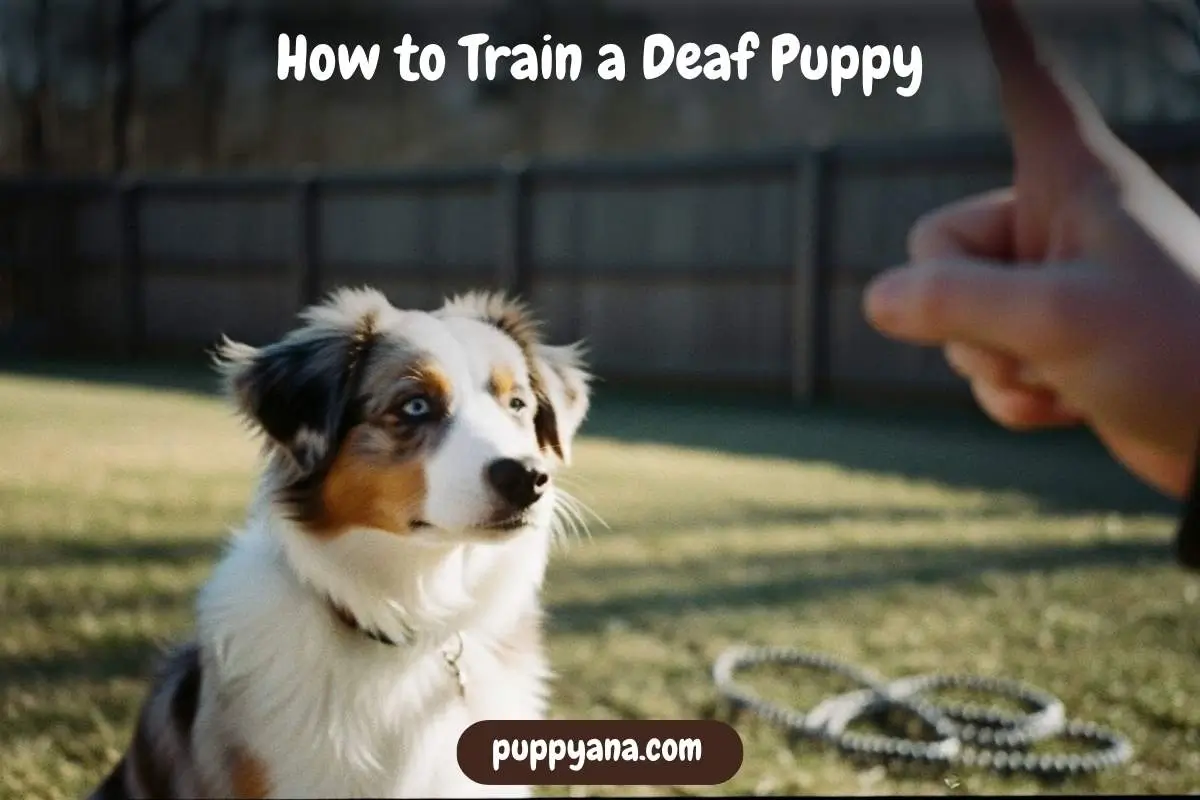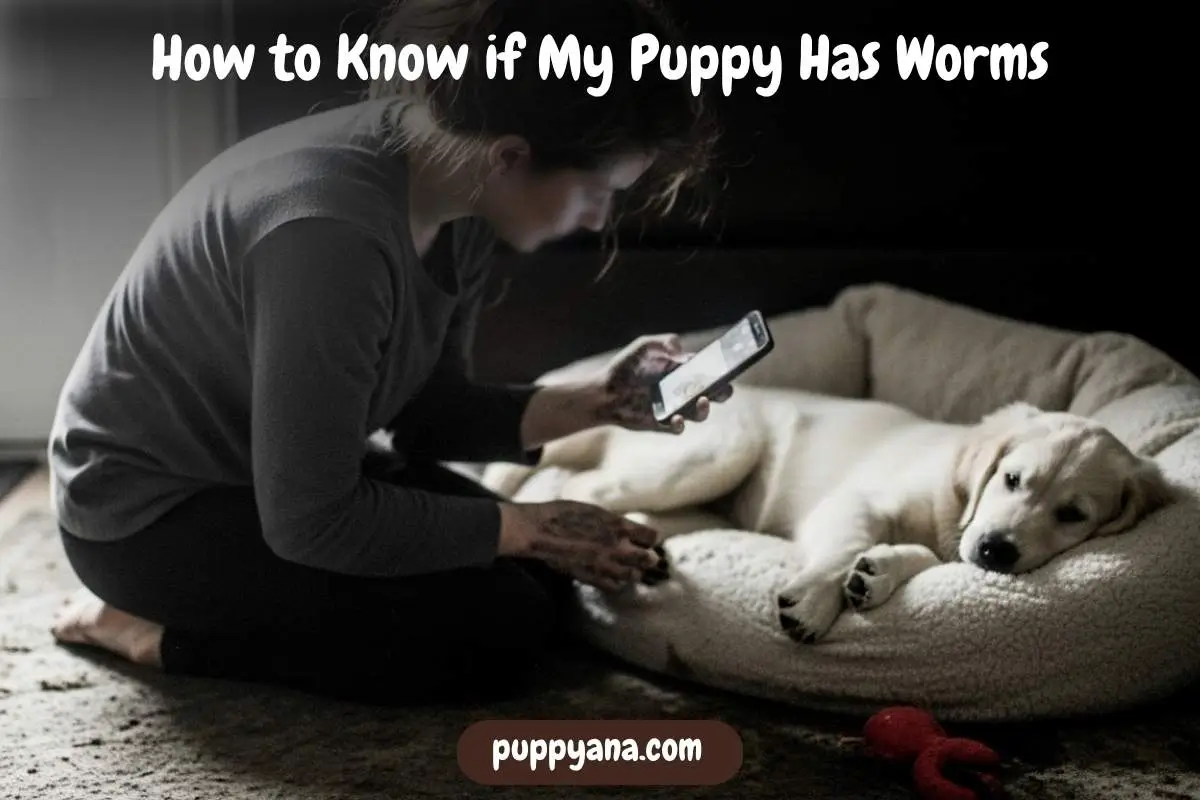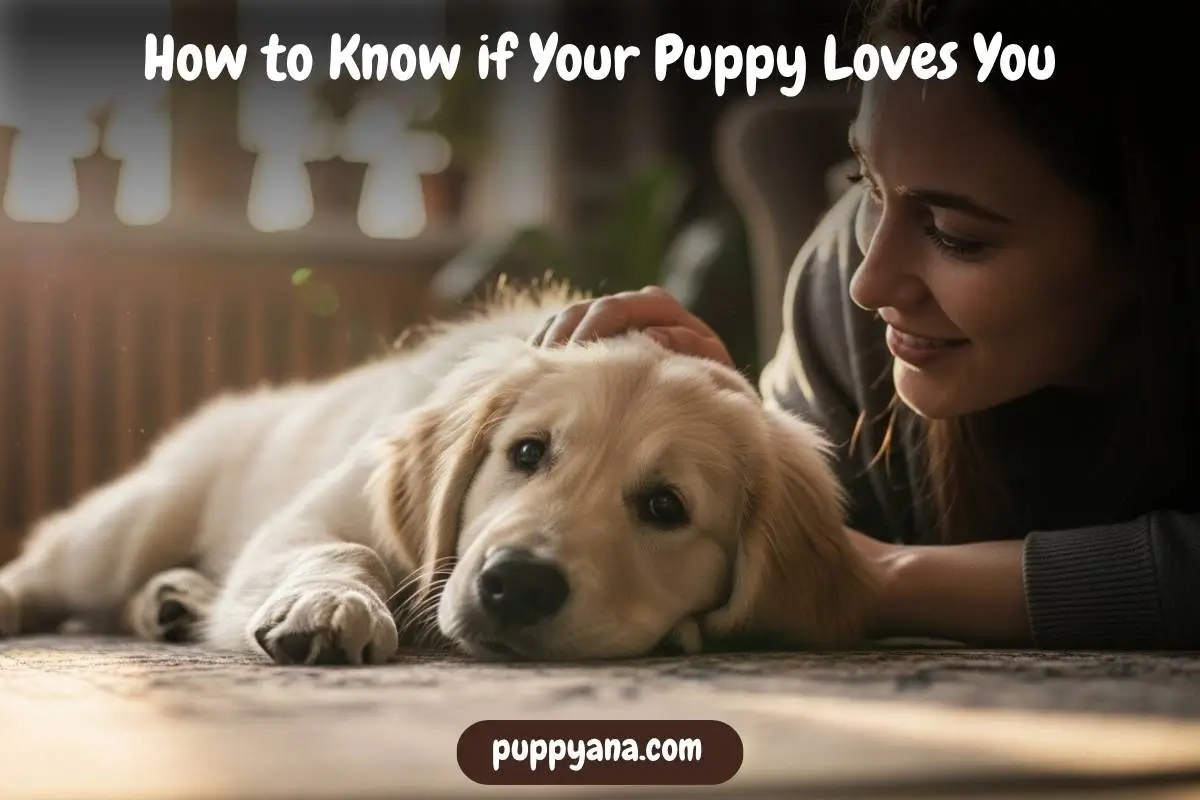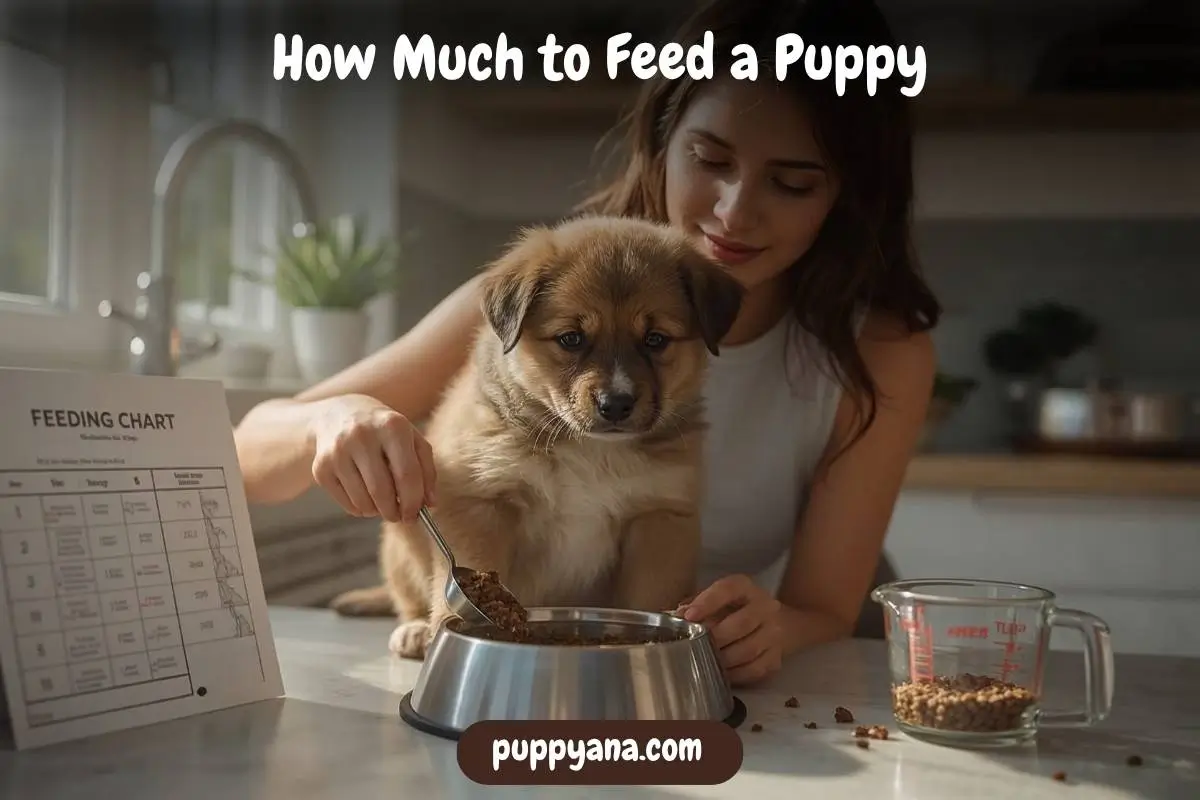Popcorn might be your go-to snack on movie night, but if your dog’s eyes are laser-focused on your bowl, you’re probably wondering, can dogs eat popcorn without risk?
The short answer is: sometimes yes, sometimes no.
While plain air-popped popcorn in small amounts can be a harmless occasional treat, most of the popcorn we eat, from buttery movie-theater bags to caramel-and-cheese mixes, contains additives that aren’t safe (or healthy) for dogs.
So before you toss a handful to your pup, let’s break down what’s okay, what’s not, how much is safe, and what the experts say about popcorn as a dog snack.

Table of Contents
ToggleCan Dogs Eat Popcorn?
Yes, dogs can eat popcorn, but only plain, air-popped popcorn in moderation.
According to the American Kennel Club, popcorn itself isn’t toxic to dogs. In fact, when it’s free from all toppings, no butter, salt, cheese flavoring, or caramel, it can even offer some light nutritional benefits.
But that’s where most of the confusion starts. We humans rarely eat our popcorn plain. And that’s where danger creeps in for dogs.
Benefits of Plain Popcorn for Dogs
Surprisingly, popcorn isn’t completely without value when it’s 100% plain and properly prepared.
Nutritional Highlights:
| Benefit | Why It Matters |
|---|---|
| Low in calories | Great as a light training treat |
| Whole grain | Contains fiber to aid digestion |
| Minerals | Tiny amounts of zinc, magnesium, manganese |
It’s also crunchy, satisfying, and can be useful in food puzzle toys if the kernels aren’t too small.
But you have to think of popcorn as a minimal supplement, not a substantial snack. Feeding too much can lead to gastrointestinal issues, even with plain popcorn.
The Humane Society recommends always monitoring new food introductions and watching for common irritants, which are often found in processed snacks like flavored popcorn.
The Risks of Feeding Popcorn to Dogs
Not all popcorn is created equal and not all dogs tolerate it well.
Here’s what to watch out for:
- Buttered popcorn: High in fat, which can trigger digestive upset or even pancreatitis in sensitive dogs.
- Salty popcorn: Excess sodium can lead to dehydration or electrolyte imbalance, especially in small breeds.
- Flavored popcorn: Cheese, caramel, or spicy toppings often contain ingredients like garlic powder or xylitol, which are toxic.
- Unpopped kernels: Can cause tooth damage or become a choking hazard or internal obstruction.
- Microwave popcorn: Often loaded with artificial flavorings and oils that can upset a dog’s stomach.
As ASPCA experts caution, even foods that seem innocent like butter, seasonings, and flavoring oils can pose risks, especially if eaten frequently or in high amounts.
If your dog manages to gobble spilled popcorn from the couch or the floor, it’s usually not an emergency. But if the popcorn was excessively buttered, salty, or flavored and especially if your dog shows signs of discomfort, keep an eye out and consider calling your vet.
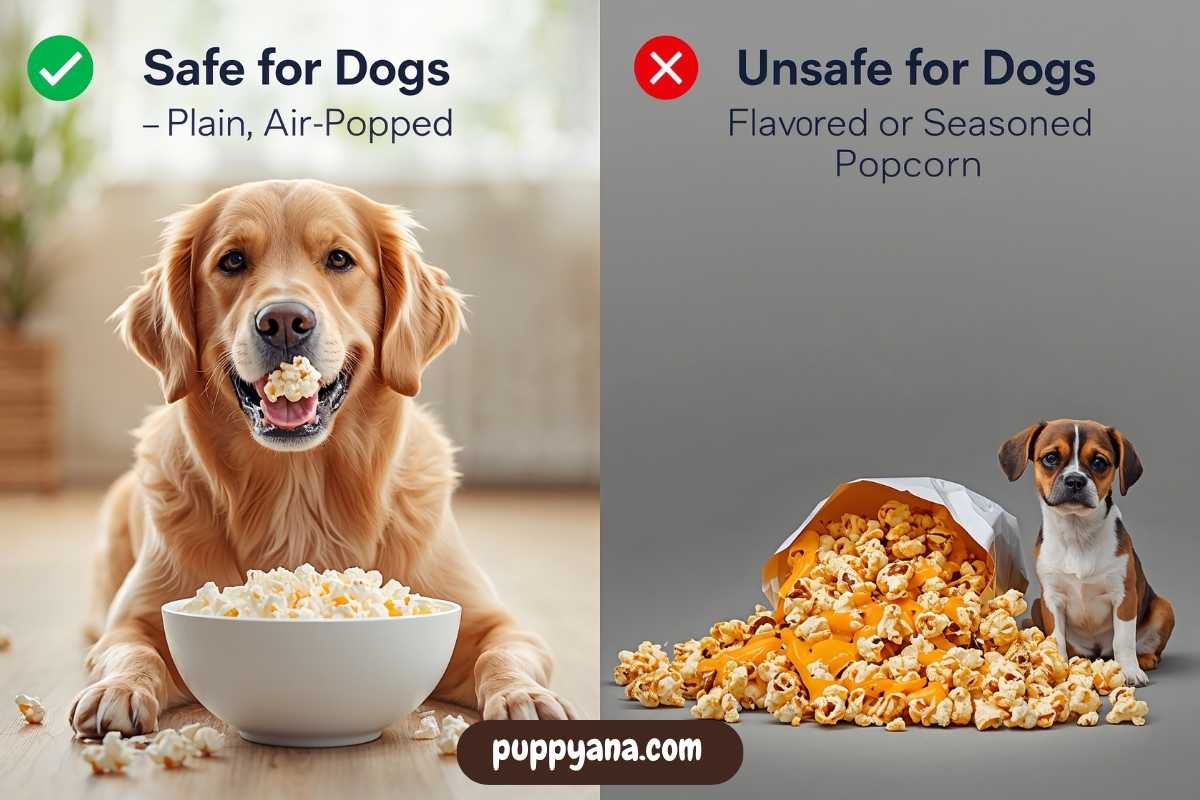
How Much Popcorn Can Dogs Eat?
Moderation is key with any human snack, and popcorn is no exception.
Here’s a safe guide to portioning:
| Dog Size | Max Safe Serving |
|---|---|
| Small (under 20 lbs) | 1 cup air-popped |
| Medium (20–50 lbs) | 2 cups |
| Large (50+ lbs) | 3–4 cups at most |
And no, not every day. Plain popcorn should be treated like an occasional reward, not a regular snack, even for larger breeds.
If you’re using it as a training treat, break it up or use one kernel at a time. Dogs don’t count volume, they count the moment of reward.
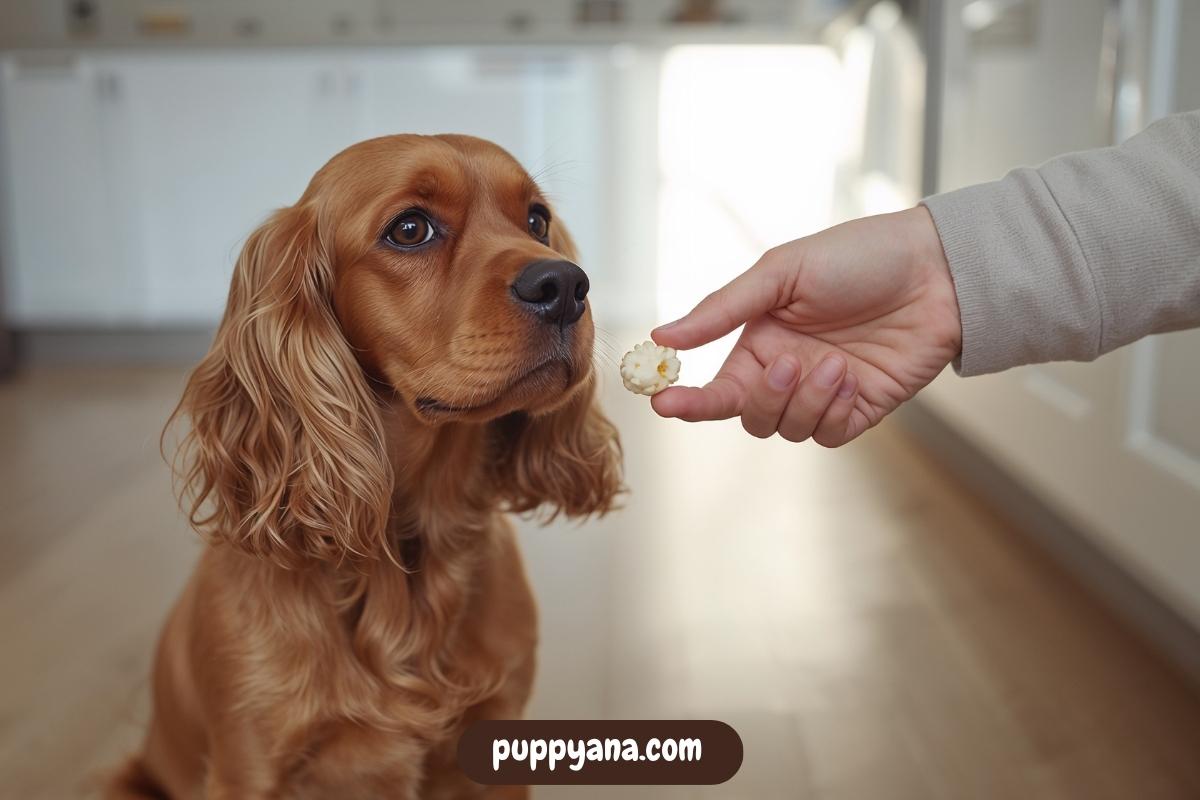
Can Puppies Eat Popcorn?
Puppies can technically eat bits of plain, air-popped popcorn, but it’s rarely a great idea.
Why?
- Their teeth and digestive systems are still developing
- Unpopped or partially popped kernels can break teeth
- You don’t want to trigger allergies or intolerance early on
- Puppies often inhale food without chewing = choking risk
According to PuppyAna, early-stage puppies should stick to softer, single-ingredient treats like boiled chicken, rice, or puppy-formulated snacks until at least 6 months of age. If you do share a piece of popcorn with a curious puppy, make sure it’s plain, soft, and fully popped and watch carefully for any signs of discomfort.
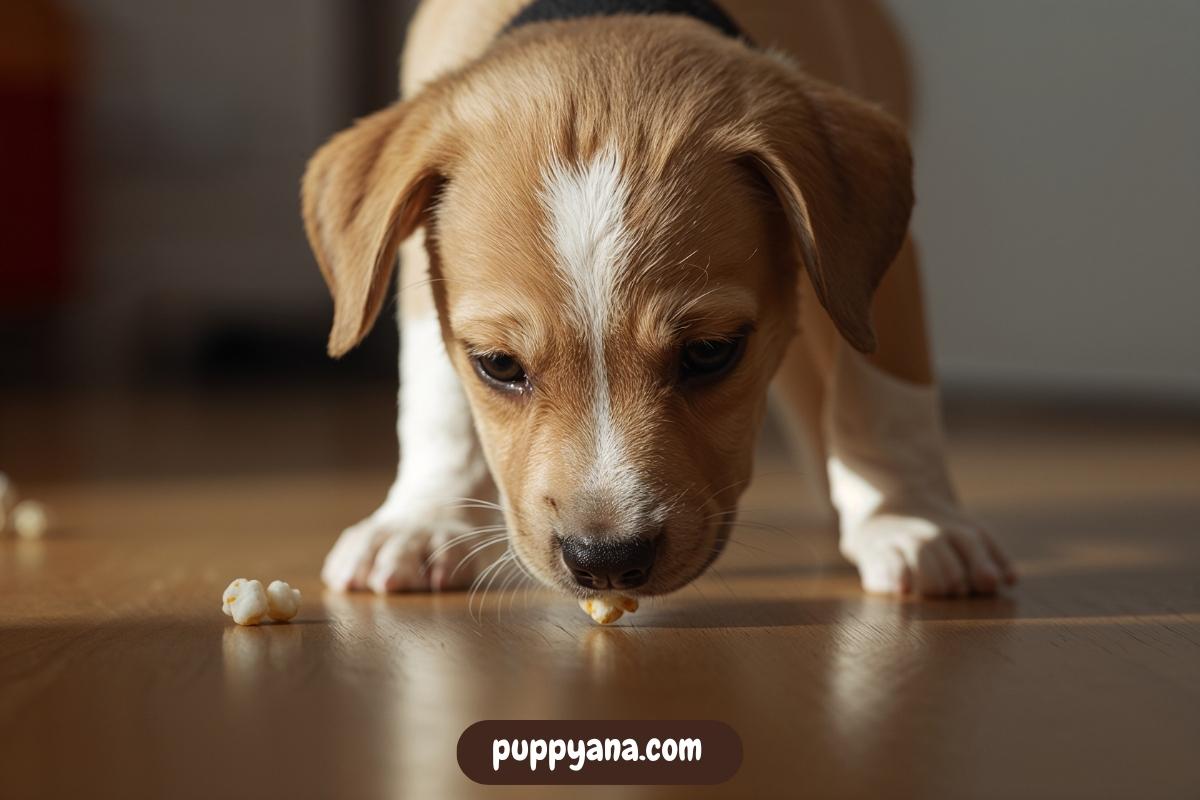
How to Safely Prepare Popcorn for Dogs
If you’d like to offer popcorn as a crunchy treat now and then, here’s how to do it the safe way:
DO:
- Use air-popped popcorn only (no oil or seasoning)
- Double check for unpopped kernels before serving
- Offer one kernel at a time, especially to small dogs
- Store in an airtight container to prevent staleness or mold
DON’T:
- Add butter, cheese, salt, sugar, or spice
- Use microwave or store-bought flavored popcorn
- Feed from bowls used for human snacking (residues stay behind)
Consider investing in a countertop air popper, if you plan to use popcorn as a lightweight treat.
PetMD offers a helpful breakdown of how dogs process oils and why buttered or oiled treats, even in small doses can upset their GI system and contribute to weight gain.
Signs Your Dog Shouldn’t Eat Popcorn
While popcorn might be tolerated by most dogs, your dog is an individual, and they may show signs that it’s better left out of their treat jar.
Watch out for:
- Vomiting or upset stomach within 6–12 hours
- Loose stools or constipation
- Scratching or paw licking (sign of mild allergy)
- Lethargy or excessive panting (after eating buttery popcorn)
- Choking or gagging on kernels
Don’t panic if your dog shows mild symptoms after eating popcorn, it usually passes within a day, but monitor closely and consult your vet if symptoms worsen.
This is especially important after consuming flavored or microwave popcorn, which might include hidden toxins, as detailed in this list of toxic foods for dogs shared by the Humane Society.
Does Popcorn Add Value to a Dog’s Diet?
Not really, at least, not in a significant way.
While it won’t harm most dogs when prepared properly, popcorn doesn’t provide essential nutrients, they aren’t already getting from balanced dog food. It shouldn’t replace protein-rich snacks or functional treats designed for health support.
You’re better off reserving popcorn as a novelty treat for training or on movie nights, as long as it doesn’t create bad habits.
If you’re looking for healthier, functional treat alternatives, brands like PuppyAna offer low-calorie training chews that use better-suited ingredients like pumpkin, sweet potatoes, or lean proteins. These are both safer and more nutritionally substantial than popcorn.
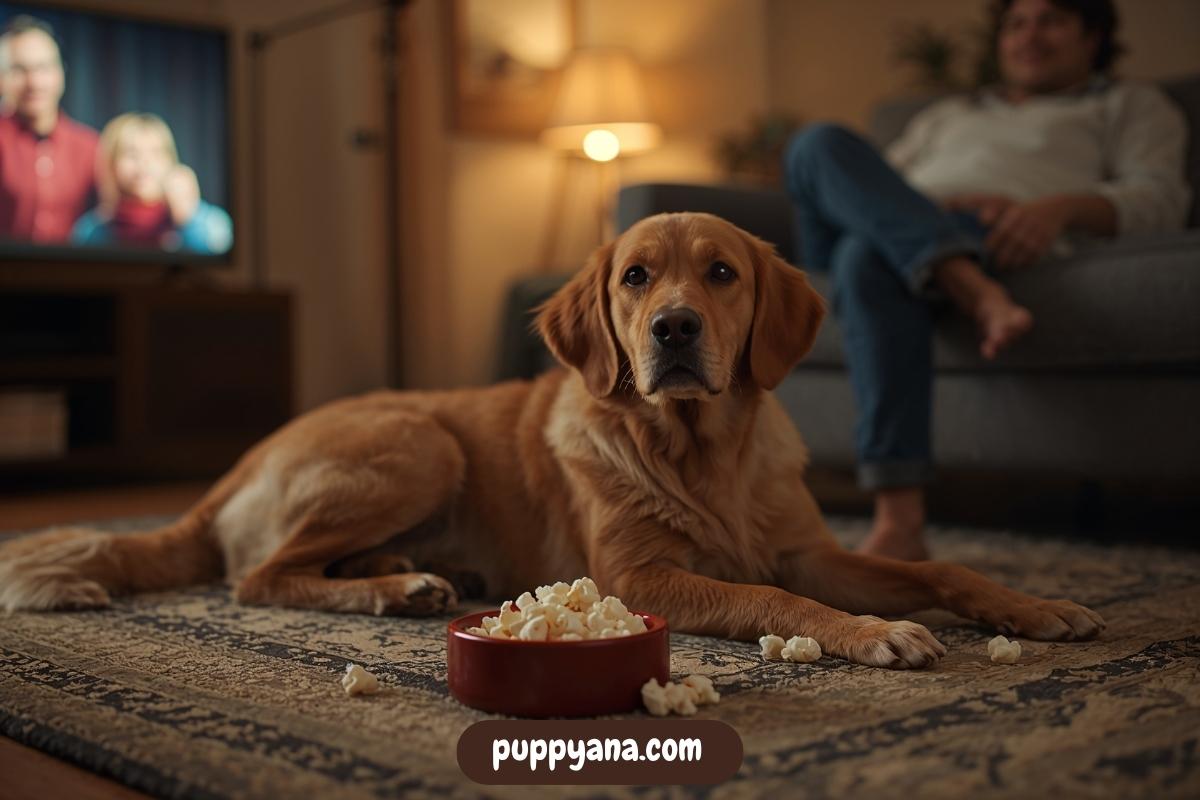
Conclusion
So, can dogs eat popcorn?
Yes, but only plain, air-popped popcorn in moderation, and only if your dog tolerates it well. Avoid oils, flavors, salt, butter, and additives at all costs. Even one buttery handful too many could cause digestive discomfort or worse.
Stick to clean, properly popped kernels, served one at a time or in small portions. And always monitor for adverse reactions, especially if it’s your dog’s first time trying it.
Use it as a novelty reward, not a daily snack, and always steer clear of flavored, microwave, or movie-style popcorn completely. Your dog’s body doesn’t digest foods the same way yours does, so even simple snacks like popcorn deserve careful consideration.
Frequently Asked Questions
1. Can dogs eat microwave popcorn?
No. Most microwave popcorn has fats, salts, and chemicals that can harm your dog’s digestive system.
2. Is popcorn good for dogs with sensitive stomachs
Not really. While air-popped popcorn is mild, dogs with sensitive stomachs may struggle with even slight additions or kernel fragments.
3. Can popcorn cause diarrhea in dogs?
Yes, especially if butter, oils, or additives are involved—or if your dog eats a large volume at once.
4. What kind of popcorn is safest for dogs?
Plain air-popped popcorn with no seasoning, fully popped and served one piece at a time.
5. What do I do if my dog ate caramel popcorn?
Watch for signs of vomiting, diarrhea, or hyperactivity. Contact your vet if symptoms occur. Caramel often contains sugar substitutes dangerous to dogs.
6. Can dogs choke on popcorn kernels?
Yes. Unpopped or partially popped kernels are hard and pose a choking or dental cracking risk, especially for small dogs.
7. Can puppies eat popcorn?
Not recommended. Puppies are prone to choking and GI upset. Wait until your dog is older and still, share only tiny amounts.
8. How often can dogs eat popcorn?
Very occasionally, as an occasional treat (e.g. once every couple of weeks), in small, plain amounts only.
9. Can dogs eat kettle corn?
No. Kettle corn contains sugar and often salt, both of which are harmful to your dog.
10. Can popcorn cause allergies in dogs?
Rare, but possible. Signs include itching, ears turning red, or mild mood changes. Try a small taste first and monitor closely.

